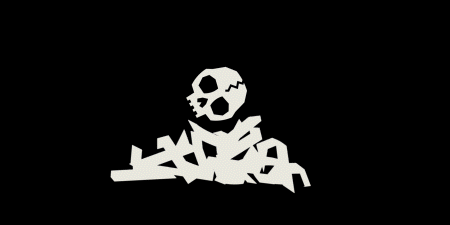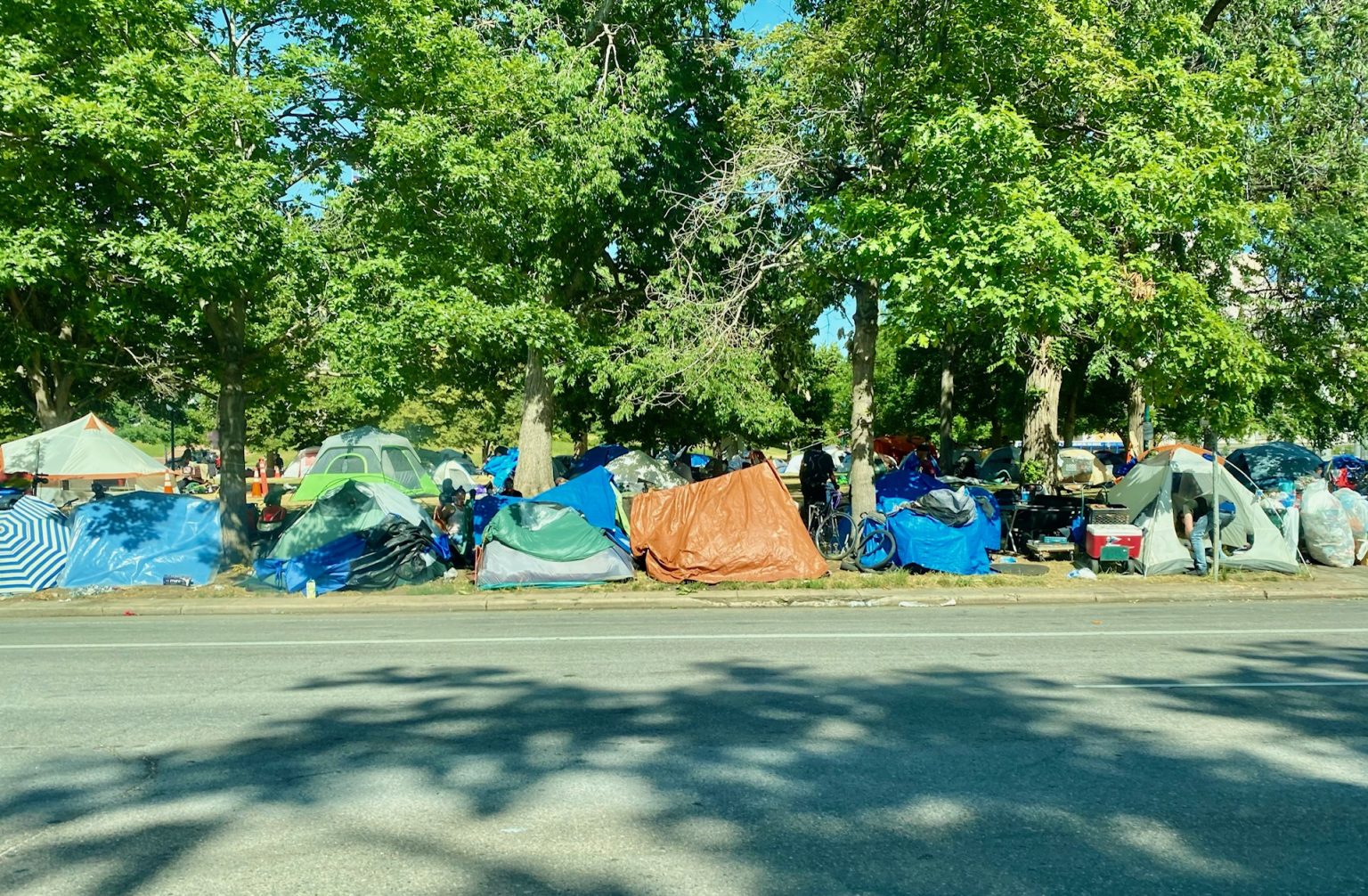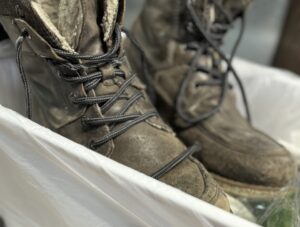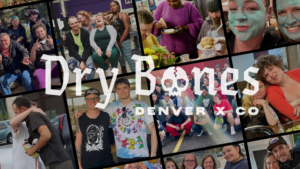In 2019, Denver was given express permission from state and federal agencies to mitigate the growing nuisance of a pest. They started a round up and euthanize program and were able to rid the city of over 2000 geese.They then donated the meat to nonprofits serving the poor around the city. This is what it looks like to treat a pest. When you have a moth infestation in your home, or an animal living in your attic, you call someone and remove the issue. There are a lot of hoops to jump through to deal with a pest like the Canadian Goose. It is a protected species meaning it maintains rights that other pests don’t. There is a city to convince that this is a problem. There is also a group of people who believe that the goose has the right to be here just like we do and that maybe we should find better ways to accommodate them and all the issues they carry with them. This is a big and costly job; PR campaigns, legal work, and coming up with a good enough reason to deal with the issue. It’s no joke. In the end the parks are more welcoming without so much poop and the Geese seem less crowded. Who knows, they might all be enjoying some greater quality of life?
We see geese and the issues surrounding them and we see a pest. Something that needs to be dealt with and probably removed. What else do we see with this lens? I remember learning in western civilizations about the intensely stratified class system in India. There are people who are told that their purpose in life is to work the dirtiest most dangerous jobs. They are also told that they are below the rest of civilization and that it is their honor to hold that position. If they do well, they can be reincarnated into a higher class! As a teen this seemed so shocking, no social mobility, no pulling yourself up by your bootstraps? Craziness! Who could possibly live in a world like this? Still, there are a few things they do have worth noting. A purpose, a space in society, hope for a different circumstance, all things that we deem to be essential to a healthy life readily available to even the lowest of the low in a society that I was basically taught was the worst of the worst. It is pretty bad, but not to the extent that we can look at them and believe that our poor don’t have a comparable or even worse life experience.
We started the conversation on homelessness a long time ago, and as we have individualized our views on the world, it feels like we have learned to view the vulnerable on the streets as pests. In this country we have these certain ‘inalienable rights’. Truths that are self-evident, that all humans are created equal and that they all have the right to life, liberty and the pursuit of happiness. In this same country, we have quality of life laws that ensure that you can sleep in your house comfortably, walk down the street without unnecessarily seeing poverty, and that someone can’t stay still in your neighborhood too long without being lawfully removed.
In April of 2012, the urban camping ban was created. Now, in this city and so many others, you can be moved along, given a ticket, and eventually given jail time for simply living without the means to pay rent. There is nowhere to go, the gap from employment to financial security is too large, the stigma and distaste too great. We’ve created a system where, unlike the untouchables of the caste system, our lowest class has no place to call home. They have little space to participate in society, they have been labeled as a pest, and we have set out to fix the issue.
These pests have stories, setbacks, victories, friendships, and a deep presence and understanding of their city. They are privy to the darker side of people. The side that has been taught to see people as something other than human. This is a perspective all too common and life sucking to someone experiencing the hardships of the streets. Dry Bones views through this incredible lens of all having unsurpassable worth. A view of transcendence beyond the self that so easily engulfs. This is a perspective that gives life, almost instantaneously. We often see sickness, addiction, and anger as symptoms of homelessness rather than a cause. It is easy to see symptoms when walking out and about. Yet, if we choose, it is also just as easy to see unsurpassable worth. When we respond to people with fear or anger, or disdain it usually brings about an equally ugly response. Yet, I’ve found that responding through this lens of unsurpassable worth tends to remind people of who they are. If you want to see someone change before your eyes try looking into their eyes, caring about their world, tending to their present needs, taking a minute to breathe, to be present.
Evaluate, how do I see the people around me? You have friends and family, co-workers and bosses, acquaintances and neighbors. Are all of these people existing in a world that revolves around their role in your life? Are they bothering you, are they too demanding of you, do they push your buttons? Maybe, like me, you have the tendency to see people these ways, a tendency to look at people as pieces of your world. At my absolute best I am able to look past the things that make people “pestulant” or inconvenient. In these moments I see and treat people as people. I get to know their victories and failures, quirks and flaws, situations and maybe the occasional mood swing. People need to be seen. Being swept out of sight is damaging to the psyche. Are we seeing a persons’ value before we see the way that they make our lives less than ideal?
The most ideal life is one that views others as a treasure. Are you desiring to see unsurpassable worth?





